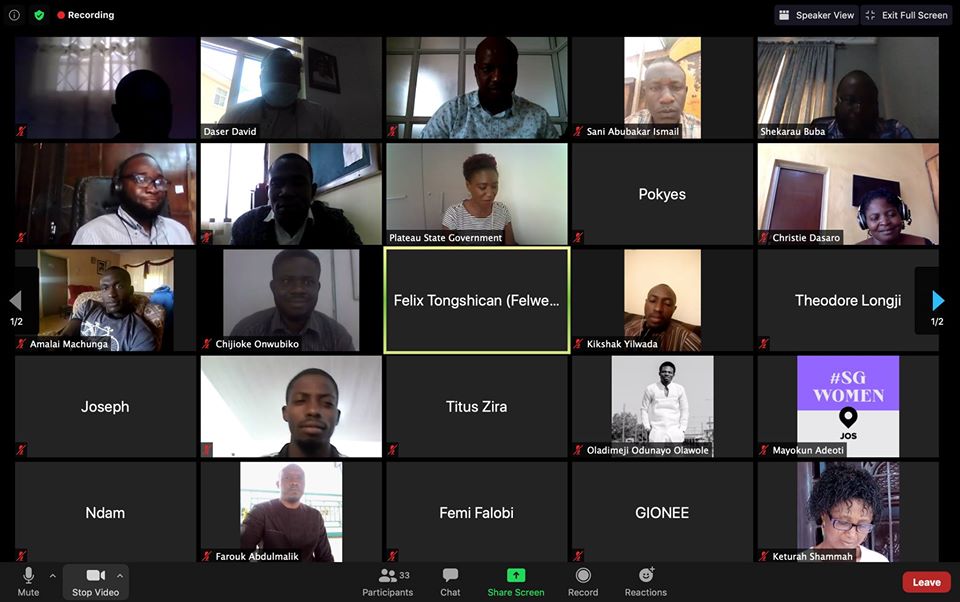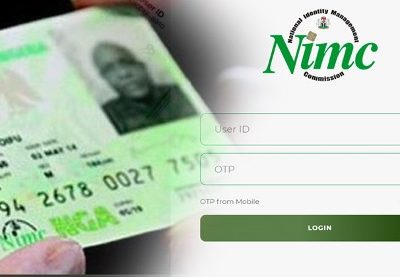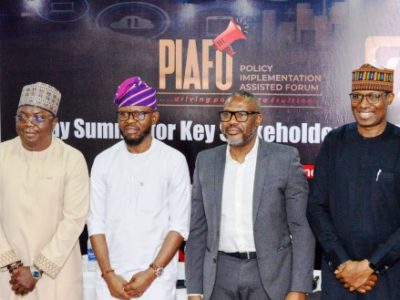The Plateau State government has assured private sector players of its willingness to collaborate with them in promoting ICT diffusion.
At a Stakeholders Engagement on PICTDA Policy & Guidelines on Clearance for ICT Projects this week in Jos, administrative capital of the state, the government said it deemed the private sector as strategic partners in actualizing the ICT agenda for human capacity development and provisioning of public services through technology.
Organized by the Plateau State Information and Communication Technology Development Agency (PICTDA), the virtual meeting held via Zoom and was designed to get stakeholders input into achieving better results with government set goal at providing a central clearinghouse for all publicly funded ICT projects in the state.
“Our success hinges on the support and contribution of the players operating within the private sector and it is so important that we begin to work closely with them as collaborators and partners,” said Director General of PICTDA, Daser David at the meeting.
“Our aim is to have the buy-in of the private sector and also to have them abreast on the work and direction of the Plateau State Information and Communication Technology Development Agency,” added David.
The meeting also sought to address the need to improve the quality of ICT education even as a committee was immediately created on the issues.
“On the concerns and issues raised on the need to look into the workings of the computer schools or academies spread all over Plateau state for the purpose of ensuring quality digital education, a committee was set-up to be chaired by Mrs. Dasaro Christie of ECWA Computer Institute. Other members are: Mr. Buba Shekarau; Mr. Robert Mangvwat; Mr. Manjaja Difur; and Mr. Pokyes.
David also assured the stakeholders that the “Plateau State digital certificates verification system is still a work in progress.”
PICTDA is created by an Act of Parliament and is statutorily mandated as a technology regulator and a development agency to drive the state’s mission for a cohesive policy in ICT deployment, human capacity development and technology adoption among others.
The policy and guidelines on clearance for ICT projects is expected to help in driving efficiency and cost effectiveness in adoption and deployment of public ICT policies and infrastructures, particularly across ministries, departments and agencies (MDAs).






























